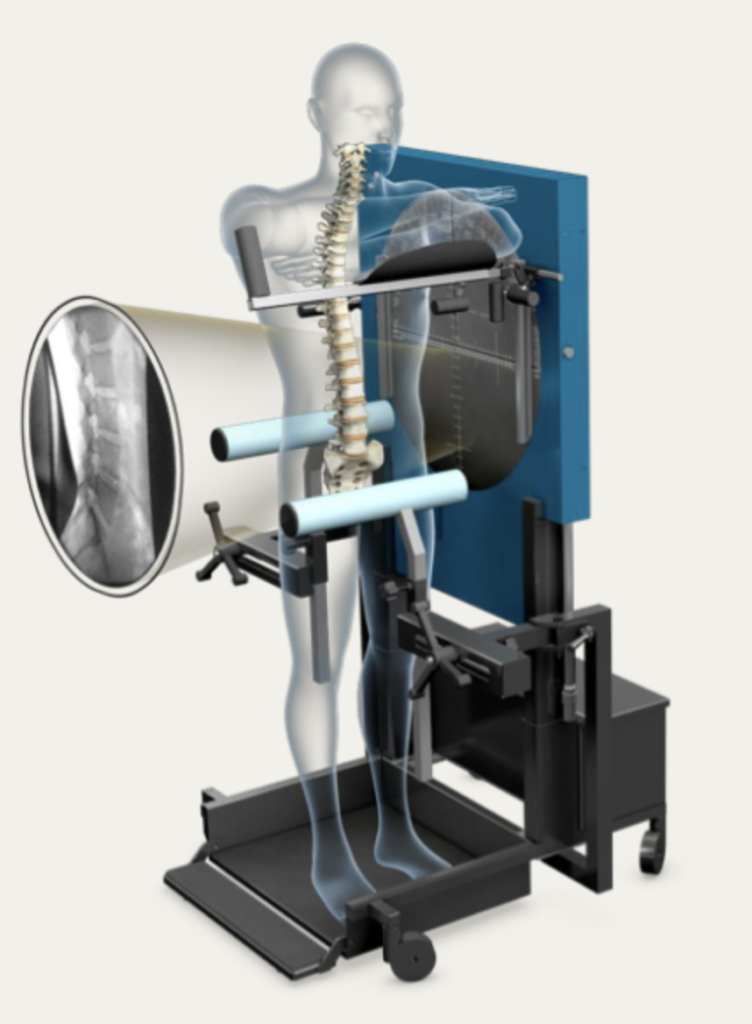What Is Vertebral Motion Analysis
It seems like every day, there is a new medical breakthrough, except in the realm of spinal imaging. Most x-ray technology hasn’t changed since the 1940’s!
But recently, a massive advancement in spinal imaging was made thanks to the development of vertebral motion analysis.
Vertebral motion analysis finally allows you a real-time look at the spine in motion.
By taking a video (which can be split into hundreds of individual pictures), vertebral motion analysis allows your doctors to see exactly what is happening to your spinal bones, nerves, and discs as you move your neck or back.

VMA is a technological breakthrough. It can help people who have suffered all types of spine injuries. Whether you were in a small car accident and now have whiplash, or whether you may need spine surgery- the VMA is an essential tool for your doctor to make the best decisions for your health and well-being.
Currently, most healthcare practices still use flexion-extension X-Rays, which is an outdated method to examine the lumbar and cervical vertebral motion. While useful, these x-rays have significant limitations, such as a 30% false-negative rate. Leading research publications have validated the VMA as a more reliable, specific, and accurate tool than traditional x-rays.
How Does it Work?
During an x-ray, the patient is typically asked to bend forward and back. All of the motion that occurs between these two points is lost. The x-ray is simply a static image of a moment in time. It’s a quick snapshot and doesn’t contain a majority of the information needed to make the best medical decisions. An x-ray is a useful screening tool after an accident. But it doesn’t do a very good job at accurately assessing all of the different types of spinal injuries that may be present.
Vertebral motion analysis captures all of the information about your spine as your move. Each second, eight pictures are taken of your spine, to give a complete view of your injuries.
This video is then analyzed by sophisticated medical software to determine what the problems and issues may be present in your spine.
The VMA has been cleared by the FDA and featured in many high profile medical journals.
It has several other benefits too, some of which are listed below.
How is VMA Better?
This sort of analysis is advantageous in the following ways:
- More accurate than standard X-Rays: Standard X-Rays may miss out on up to 30% of injuries and findings that are captured by the VMA. Moving through a full range of motion with the VMA, and filming the motion with video, enables a much more complete assessment of your spine.
- Low radiation emissions: The VMA is a more sophisticated tool than x-ray without compromising on safety. Studies have indicated vma testing to produce 20% less radiation than a typical x-ray.
- More sensitive detection techniques: VMAs are more reliable, valid, and accurate at determining spinal injuries than x-rays alone.
If you haven’t experienced the VMA – contact us today. We’d be happy to send you additional information regarding this groundbreaking technology.
If you’re a medical provider interested in offering the VMA at your practice, let us know. We can work together in a way that requires no cost, no additional equipment, and can provide tremendous upside for you and your patients.
